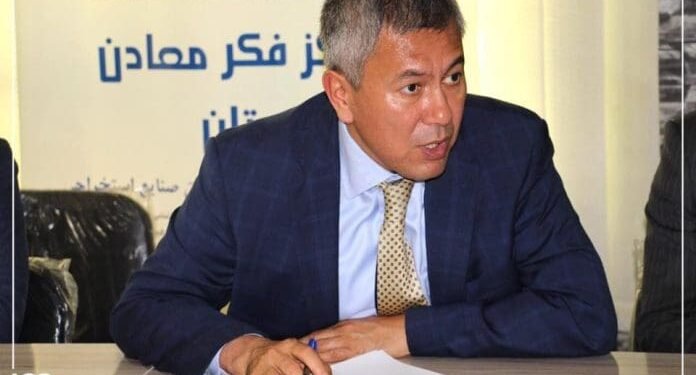The government of Ghana has established an Electronic Transaction Levy as part of its efforts to broaden the country’s tax base and to increase revenue to finance developmental projects.
Every electronic transaction will be subject to a 1.75 percent fee. According to Finance Minister Ken Ofori-Atta, the purpose of this tax is to increase financial inclusion and safeguard the underprivileged starting 1st January 2022.
The fee will be placed on transactions involving mobile money, bank transfers, merchant payments, and inward remittances, and will be incurred by the sender.
“After considerable deliberations, the government has decided to place a levy on all electronic transactions to widen the tax net and rope in the informal sector. This shall be known as the Electronic Transaction Levy or E-Levy.”
Ken Ofori Atta, Finance minister
Nevertheless, the charge will be abolished for transactions totaling less than GHS 100 per day or GHS 3,000 per month.
Parts of the levy’s money will be utilized to assist entrepreneurship, youth employment, cybersecurity, digital, and road infrastructure, among other things, according to the government.
If the appropriation is passed, the government anticipates that the new policy will go into effect on January 1, 2022.
“Government will work with all industry partners to ensure that their systems and payment platforms are configured to implement the policy.”
Ken Ofori Atta, Finance minister
According to the finance minister, the total value of transactions for 2020 was estimated to exceed GHS 500 billion, up from GHS 78 billion in 2016, and total mobile money subscribers and active mobile money users have grown at an average rate of 18 percent and 16 percent between 2016 and 2019.
“It is on the back of this that, the government believes it’s becoming clear there exists the enormous potential to increase tax revenues by bringing into the tax bracket, transactions that could be best defined as being undertaken in the informal economy”
Ken Ofori-Atta, Finance minister
No More Road Tolls
Meanwhile, the government has declared that, as soon as the Budget is passed, motorists who travel on tolled highways across the country would no longer be forced to pay tolls.
This was revealed by the finance minister during the delivery of the 2022 budget on the floor of Parliament on Wednesday.
“Government has abolished all tolls on public roads and bridges. This takes effect immediately after the Budget is approved.”
Ken Ofori Atta, Finance minister

Tolling Sites Unhealthy
Despite the fact that the tolling system has been critical in supporting the expansion of Ghana’s road infrastructure, the Minister acknowledged that tolling sites are inconvenient.
“Over the years, the tolling points have become unhealthy market centers, led to heavy traffic on our roads, lengthened travel time from one place to another, and impacted negatively on productivity”.
“The congestion generated at the tolling points, besides creating these inconveniences, also leads to pollution in and around those vicinities.”
Ken Ofori Atta, Finance minister
To solve these difficulties, he suggested that it is necessary for the government to make a decision against the buildup of tolling sites.
The minister pointed out that the “toll collection personnel will be reassigned.”
Read Also: Registrar of companies to be separated from Registrar-General’s department -Registrar general























